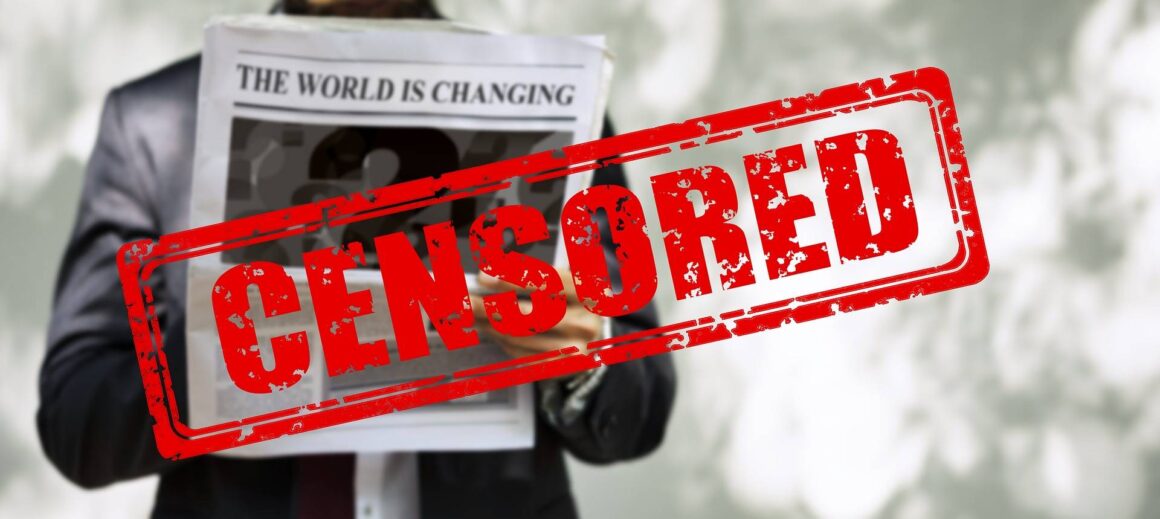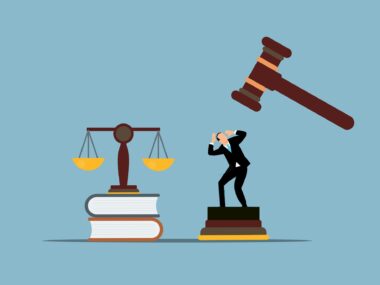When Media Matters published research in 2023 showing ads from major companies running beside antisemitic and offensive posts on X (formerly Twitter), it sparked pullback from advertisers.
Elon Musk, furious over the hit to his platform, struck back with lawsuits. After Donald Trump returned to office in 2025, the FTC launched an investigation into whether Media Matters had illegally colluded with advertisers.
But on August 15, Judge Sparkle L. Sooknanan blocked the FTC probe, warning that it crossed a constitutional line. Her ruling isn’t just about Media Matters. It’s about whether the government can use investigations as weapons against watchdogs and journalists who publish inconvenient truths.
The Judge’s Warning
In her decision, Sooknanan called Media Matters’ reporting “quintessential First Amendment activity.” She described the FTC’s sweeping demands as a “retaliatory act.”
The judge pointed to evidence that the FTC’s investigation wasn’t neutral enforcement. FTC Chair Andrew Ferguson and senior staff had made public comments singling out Media Matters before the probe even began. To her, that showed retaliatory intent and raised red flags about the independence of the agency.
Her words carried weight. “It should alarm all Americans when the Government retaliates against individuals or organizations for engaging in constitutionally protected public debate,” she wrote. “And that alarm should ring even louder when the Government retaliates against those engaged in newsgathering and reporting.”
How Retaliation Punishes Journalism
The ruling highlights a central problem. Even without charges, government investigations can act as punishment. The legal process itself is costly, time-consuming, which can be enough to cripple an organization. As the saying goes, “the process is the punishment.”
For Media Matters, the toll was already visible: The group avoided publishing investigations into the FTC, Ferguson, and Musk, out of fear of more retaliation. Other organizations distanced themselves, worried that association could trigger scrutiny. Litigation and investigations drained resources, forcing layoffs and weakening their watchdog mission.
In other words, the FTC didn’t need to win to wound Media Matters. The threat alone was enough to silence reporting.
Why This Should Alarm Every American
Sooknanan’s opinion made one thing clear: if the government can intimidate one watchdog, it can intimidate others.
The First Amendment protects public debate precisely because it keeps power accountable. When officials target critics through investigations, the message is “publish at your own risk.” That’s how democracies slip toward silence. If government agencies can use their authority to retaliate, no critical reporting is safe.
What’s Really at Stake?
The real issue isn’t whether Media Matters broke any laws. It’s whether the government should have the power to launch probes against critics in the first place.
If regulators are free to weaponize investigations, then every newsroom, advocacy group, or watchdog has reason to hesitate before publishing a tough story. That hesitation may be the most dangerous outcome of all.
Judge Sooknanan’s ruling isn’t just a win for Media Matters. It’s a warning that The FTC’s actions were unconstitutional. Retaliation against watchdog reporting undermines democracy itself.
The fight isn’t over since the FTC may appeal. For now though , the case stands as a reminder that the press isn’t supposed to answer to the powerful. It’s supposed to question them.





